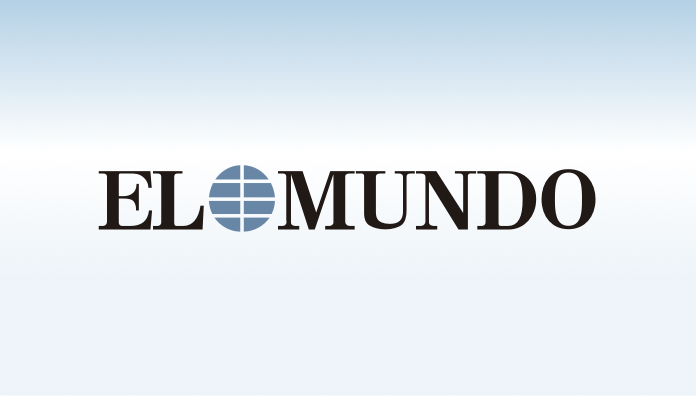Government plans to uncover the contribution bases are already opposed by businessmen, who would have to apply the new regulations established by royal decree law. The Spanish Confederation of Business Organizations (CEOE) and the Association of Autonomous Workers (ATA) expressed their disagreement yesterday with the measure sponsored by José Luis Escrivá, Minister of Inclusion, Social Security and Migration.
"When you talk about uncovering, you mean going up," CEOE official sources explained to EL MUNDO yesterday: "There is obviously an increase in costs, to be paid by employers but also by workers. This increase works like a tax and causes some loss of competitiveness . " Last Friday, Antonio Garamendi, president of the confederation, called Onda Cero this rise as "vein taxes, back to companies". According to Garamendi, "it is very difficult to talk about living wages when they are punishing you from the public."
Lorenzo Amor, president of ATA, expressed yesterday in the same line, consulted by this newspaper: " Be careful what we are doing . We will know the employment data [this Tuesday] and they will not be good, nor will it be good what lies ahead. If you want to have work and income from employment, any measure that goes against flexibility and that implies an increase in costs is the worst possible vaccine against what we are living. "
Second rise in just over a year
The minimum bases will be updated upwards as a result of the rise in the Minimum Interprofessional Salary (SMI), but the reform proposed by the Executive goes much further and will also affect the maximum bases, as well as the bases of the self-employed. "The royal decree has to update the contribution bases as soon as possible," Escrivá warned Thursday. The former president of the Independent Authority for Fiscal Responsibility (AIReF) also warned that "it will be an emergency law decree ", although he did not reveal at what time it would take the Council of Ministers, which meets on Tuesday, when in principle not the measure would be approved. The deficit of the Social Security system, which is currently around 18,000 million euros , is one of the issues in which Escrivá has deepened most during his time at the helm of the AIReF, from 2014 to last January.
In the last Council of Ministers of 2018, the Government has already promoted an increase of the maximum contribution bases of 7% and an increase of the minimum of 22.3%, at the same rate as the first of the two increases of the SMI that The socialist executive of Pedro Sánchez has already carried out.
These increases were complemented with another for the minimum bases of the self-employed, up to 944.35 euros per month (1.25%), as this group managed to agree with the Government. Thus, the minimum quota of 2019 rose by 5.36 euros per month or 64 euros per year for the physical self-employed, although it was possible to link to different social improvements for the self-employed (in the case of the shareholders it was estimated at 6.89 euros per month, 82 per year).
Seven out of 10 entrepreneurs disagree
According to a report prepared by KPMG together with CEOE and released on Sunday, the increase in Social Security contributions has had a negative impact on 71% of the entrepreneurs and managers surveyed. "We think exactly the same: that rise has ballasted employment among the self-employed, at least among the 500,000 physical freelancers who have workers in their care." Holds for his part Love.
The president of ATA states, however, that the rise of the minimum bases "in any case" may be for the self-employed equal to the new rise of the SMI, of around 5.5%. "Such an increase is unthinkable and would have to remain for the self-employed at around 1%, always around inflation, but all this we still do not know because the consultation period has not been opened and the law requires consultation" .
However, for the Organization for Economic Cooperation and Development (OECD) it would still be possible to increase the contributions of the self-employed. "The improvement of the pension outlook for all requires that all income be treated in the same way for pensions and, in particular, that the self-employed pay contributions according to their real income and not those declared." ATA, among others, have criticized this thesis of the organism led by Ángel Gurria.
According to the criteria of The Trust Project
Know more- Social Security
- Pedro Sanchez
- José Luis Escrivá
- minimum salary

